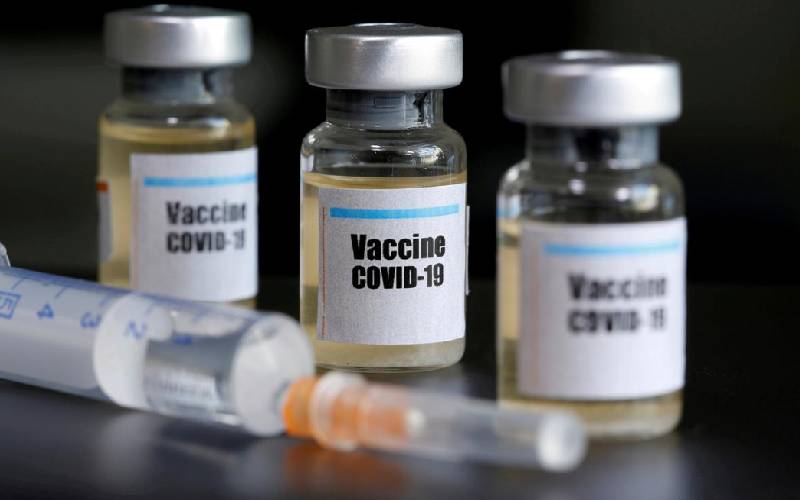×
The Standard e-Paper
Home To Bold Columnists

John Kinyanjui had just celebrated what he thought was his recovery from Covid-19. He tested positive for the coronavirus in May after being admitted to hospital suffering from shortness of breath, blocked nose and fever. By mid-June, the symptoms had subsided and he was feeling better.